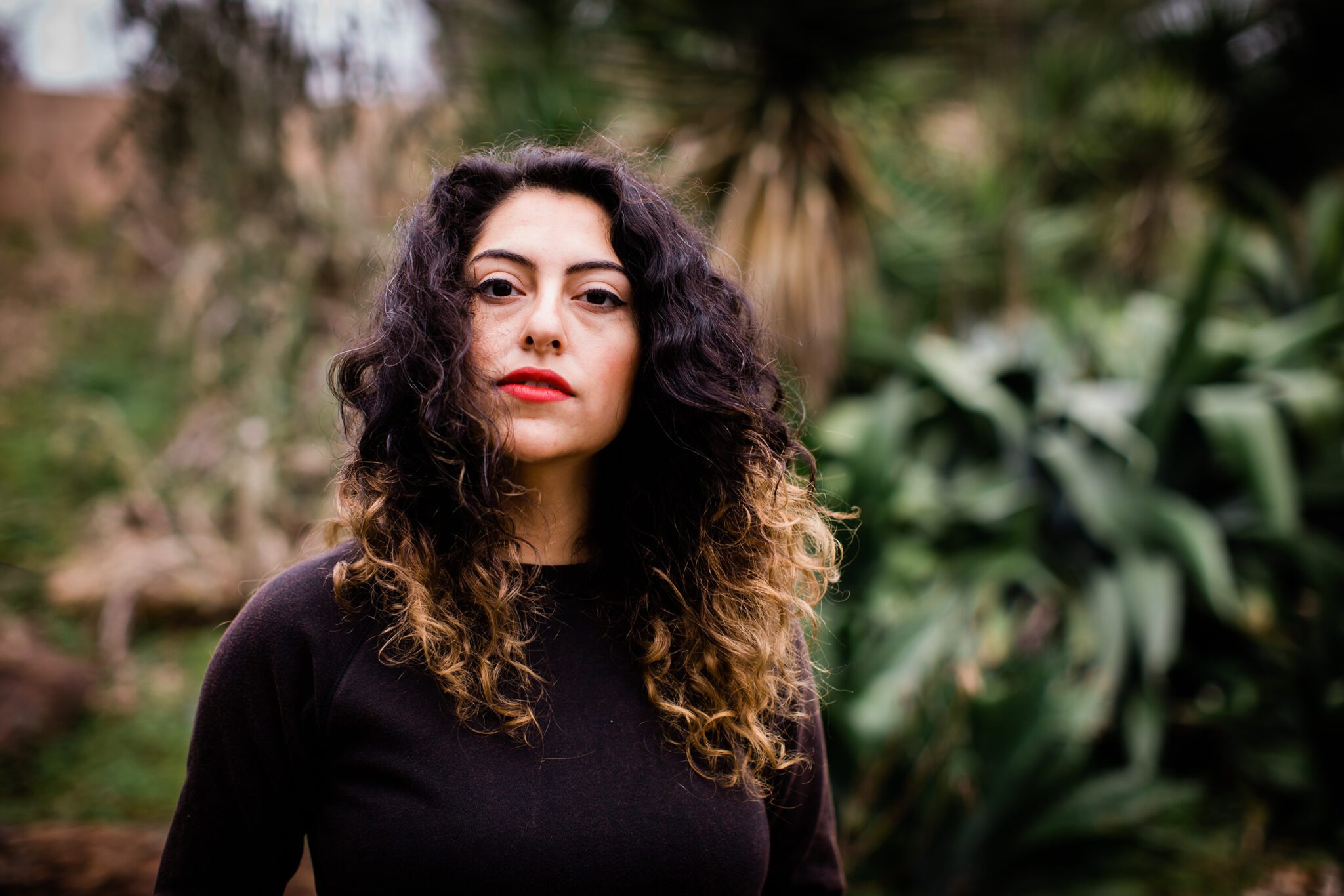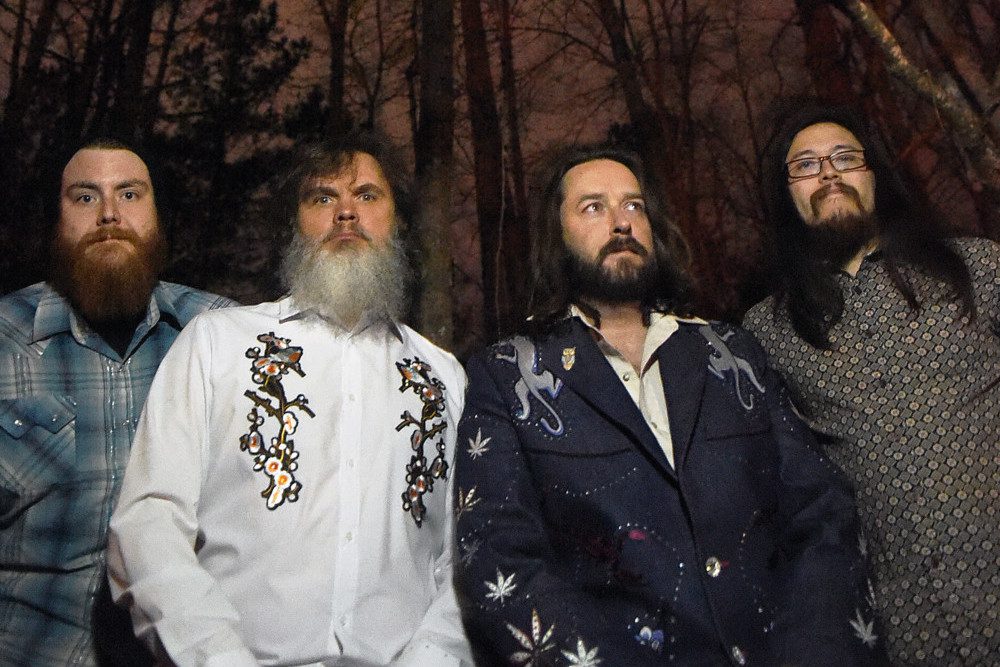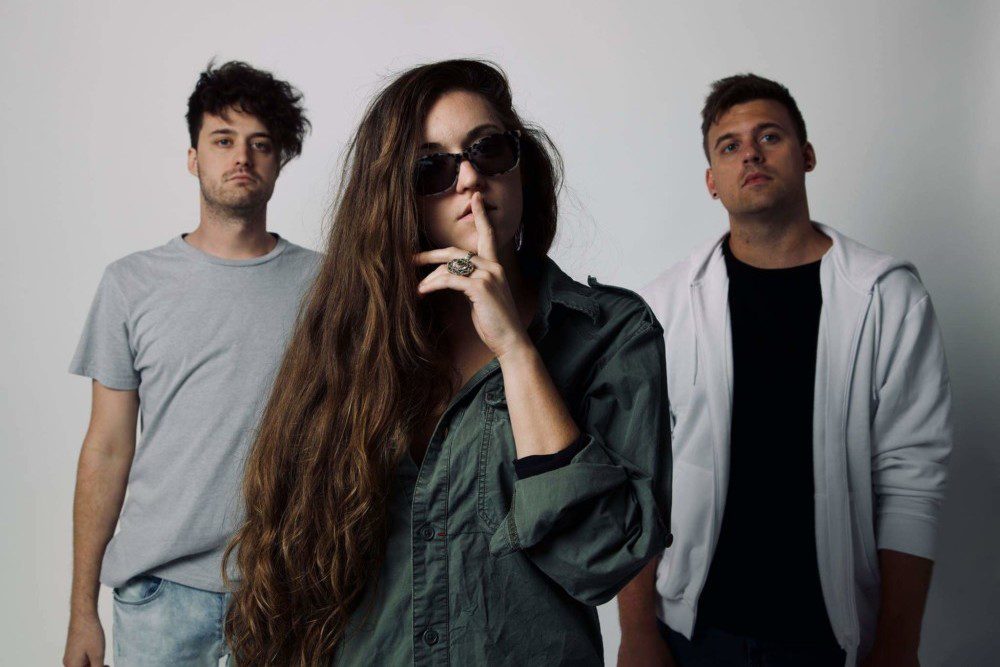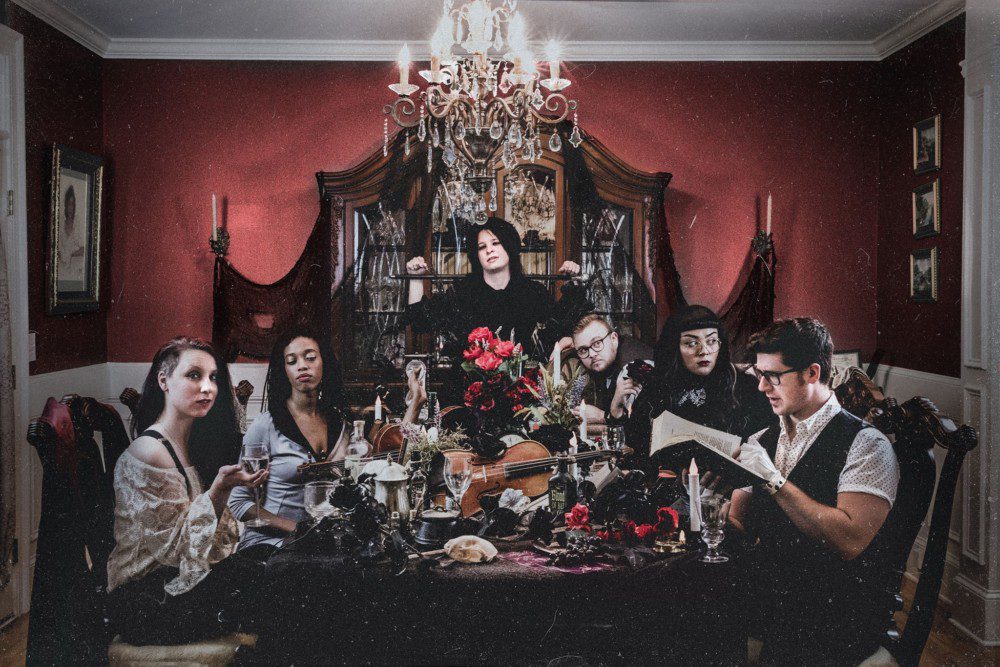
Athens-based, New-York-born, Ecuadorian-and-Nicaraguan singer-songwriter Sarah Zúñiga brings an intimate sensibility to her unique brand of alternative-folk, blending sharp observation with the textured poeticism of traditional Spanish folk music. An alum of the University of Georgia who spent her senior year studying in England before graduating with a bachelor’s degree in International Affairs, Zúñiga’s emotive vocals and distinct playing style combine with an unparalleled ability to transform emotion into poetry and music into a tool for connection.
With her highly anticipated winter release, “Heart of Mine,” Zúñiga dove deep into anxiety’s ability to distort our thinking and shape our relationships, both with ourselves and our loved ones. As friends and fans wait for even more new music, Zúñiga sat down to share the story of “Heart of Mine.”
AF: Can you tell us a little bit about your story? What drew you to music initially, and when did you realize it was more than a hobby?
SZ: I’m going to be honest here: initially I picked up a guitar so I could “be cool,” or, at least, so I thought. I grew up singing with my dad, who was a popular Ecuadorian folk musician in New York City; it was our little party trick. I realized that songwriting was more than a passion and a hobby for me when I dropped out of the American Musical and Dramatic Academy in New York City at 17-years-old. When I was done with class, I’d go straight into a practice room and write. I’d sing on the streets on my way back home, and then practice covers when I got back to my apartment. I realized then that songwriting had been my roots, my history, my therapy, and my lifestyle.
AF: Who do you consider your greatest inspirations?
SZ: My parents influence a lot of what I do, and if it weren’t for them, I’m not so confident I would have had the bravery to continue in this field at my young age. My musical inspirations include Stevie Nicks, Ingrid Michaelson, Norah Jones, and KT Tunstall. These woman to me embody freedom, spirit, and extreme musicianship. They don’t use their bodies for to gain fame; rather, their storytelling and words. They created their own complete style of music, vibe, and a world that people feel compelled to be a part of. Their songs and voices latch onto our memories. Whatever they write is catchy, meaningful, and timeless. This is what I strive for as a singer-songwriter.
AF: You’re of Ecuadorian and Nicaraguan descent; how does your heritage influence your music? How do you combine it with other influences to create something that celebrates your background while blazing a new path creatively?
SZ: Just like the women I mentioned above, I like to create my own little world, which can only be done by incorporating the very things that make me unique. My culture influences who I am as a person and, in that, my telling of it. So I would say my heritage influences my music in the innate uniqueness of my lyrics and the perspectives I hold because of where they come from and how I grew up.
On a more literal level, my songs use a lot of imagery and take on the feel of a conversation with life, very much influenced by Ecuadorian folk music. In my performance, I take inspiration from Latin culture in that I love getting everyone to sing and dance, just like if I were with my family back in Ecuador or Nicaragua. It’s a beautiful thing, and if you come to my shows, don’t be shy!
AF: You’re fluent in English and Spanish, and have written songs in both languages; do you prefer one to the other? How do you decide whether a song would be best suited to English or Spanish?
SZ: The first full song I ever wrote at 14-years-old was in Spanish…easily, my most dramatic songs are. English songs come more naturally to me. You see, songs in Spanish — not the ones you hear on the radio, although I love those, too — are a whole other level of poetry. They are incredibly profound and strategic, especially old folk songs. Therefore, I hold myself to a different standard when writing songs in Spanish, so it’s more challenging in that regard. I do, however, love to perform songs in Spanish, especially ones where I can get the audience swaying their hips!
AF: Your latest single, “Heart of Mine,” was released in December. What inspired the song, and what was the writing process like?
SZ: It’s still a little awkward to bring up, but the song is about dealing with and trying to embrace anxiety. It’s about how anxiety has affected my way of thinking, my relationship with myself and loved ones, and why even though I’m present, I’m distant. The song starts off kind of complaining about how it isn’t fair to have to deal with it, and more so, the people that have to deal with you dealing with it! A couple of things sparked this song: I had a panic attack and recorded it that time, someone told me that I was so sweet they could never picture me getting upset or overwhelmed about anything, wanting to show this side of me because I always want to strive to be as honest as possible, and, just like my music in general, turn something negative into art.
AF: You’re originally from New York, which most people would consider the music epicenter of the east coast. What drew you to Athens and the Atlanta-Athens music scene, and what made you stay?
SZ: I was unwillingly taken from New York and brought down to Georgia by my parents, who lured me with the promise of grits and cheese and biscuits and gravy. I grew up in Athens, lived in England for a year, and came back. Honestly, if it weren’t for my initial move to Georgia, I don’t think I would have learned how necessary folk music and nature are to my life and well-being. It’s a big part of who I have become, and because I never fit in, I had to find and rely on my understanding of identity.
AF: You’ve played your music all over the world. What’s it like to play songs in a pub in England, then come back to Atlanta or Athens and play to your hometown crowd?
SZ: Every show has something special to take away. England and Ireland were fun to play because everyone was keen to sing along, and the venues were incredibly cozy. Playing in my hometown will always be a great because I’m surrounded my friends and family. No matter where I play though, I am always thrilled to meet people who tell me how one of my songs really touched them, and share a personal story with me. Human vulnerability and trust is liberating, and I’m so glad they feel it can be shared with me.
AF: You’re a woman in the music industry, and — even more specifically — you’re a woman of color in the music industry. How do you think that reality has impacted your musical journey?
SZ: This is a generally complex topic to talk about because it’s hard to pinpoint subtle prejudices. You’ll have to take me out to lunch for the entire run down! No one likes to talk about it, but the reality is that even though I am continuously blessed in my life and in the pursuit of music, there have definitely been opportunities harder to achieve. Luckily, more and more places want to encourage diversity, but even if venues and booking agents do, the audience and general music supporters don’t realize how vital their support is. When you help support someone of color, you are helping them get a bigger platform to be representative of an already prevalent culture filled with less spotlit talent and hard work. I can only speak of my experience in Athens, but it still has a lot of growing up to do.
AF: How do you use your platform to draw awareness to your heritage and celebrate what makes you who you are, whether it’s sustainability, working with non-profits, or touring the world?
SZ: It’s all about storytelling and relatability. Last year a man told me I didn’t look “American enough” to pose for this photo shoot he was doing, when I jokingly offered to participate. Although I represent a very large community of Americans with Latin roots, people aren’t used to seeing a somewhat “normal” telling of this Latin female narrative that isn’t overly sexualized and objectified.
That being said, although I will always be proud of my heritage and show it off where I can, my brand and music is meant for people who are hurting. For those struggling and want to make light of their situation. My music is not just a career, but a lifestyle, so I want to embody that as best I can in supporting my favorite charitable organizations, supporting local art, and supporting our mother earth.
AF: Last one! Best place in Athens for a drink and a show?
SZ: My favorite memories have been made at Nowhere and Caledonia Lounge! You should come and have a drink with me some time! My treat!
Keep up with Sarah on Facebook, and stream her entire catalog on Spotify now.




